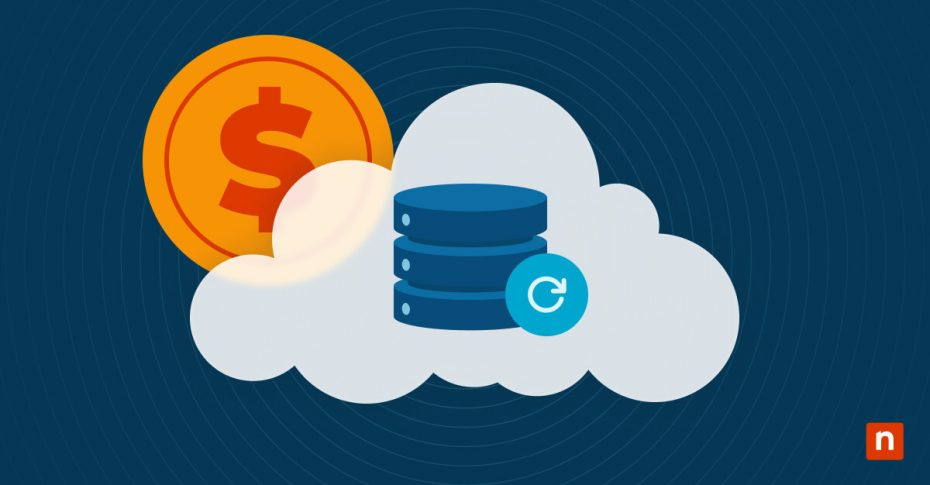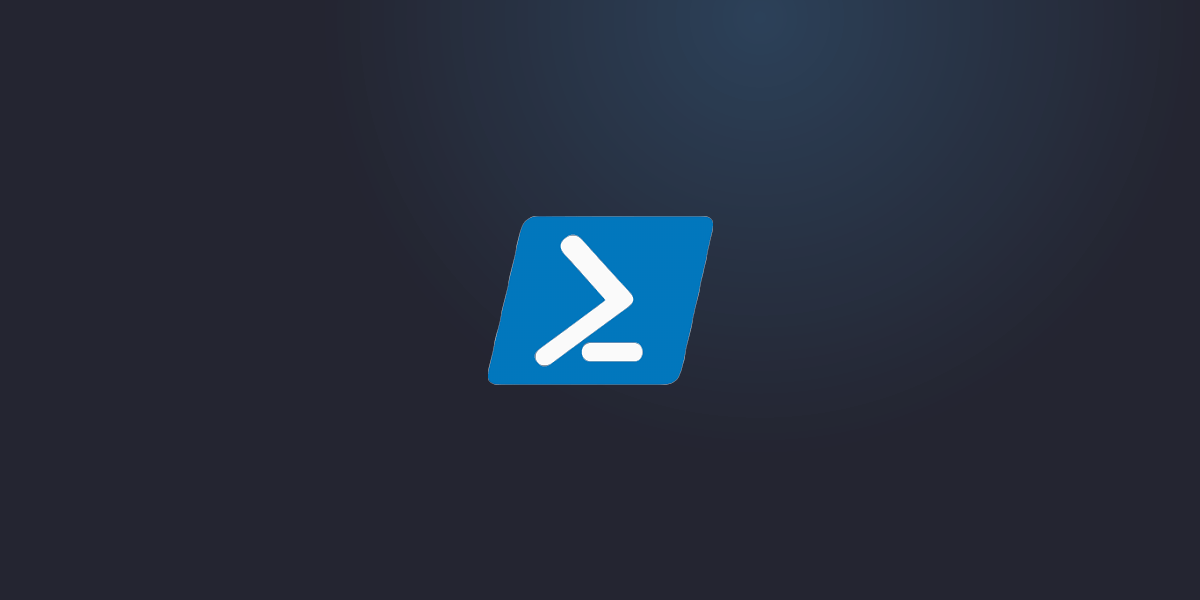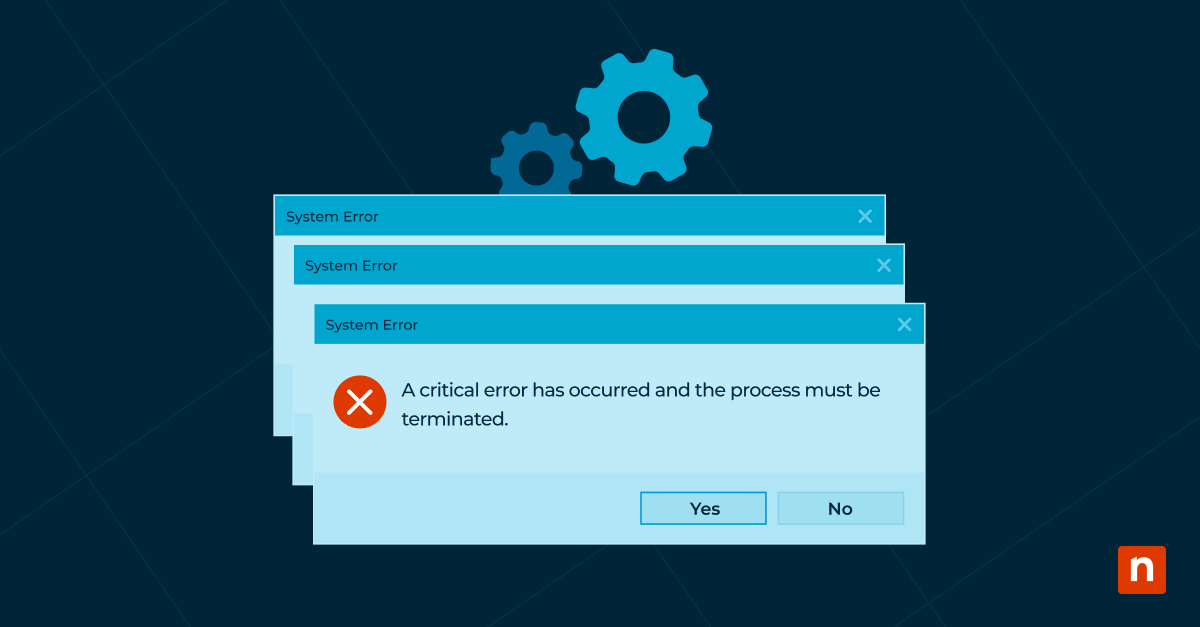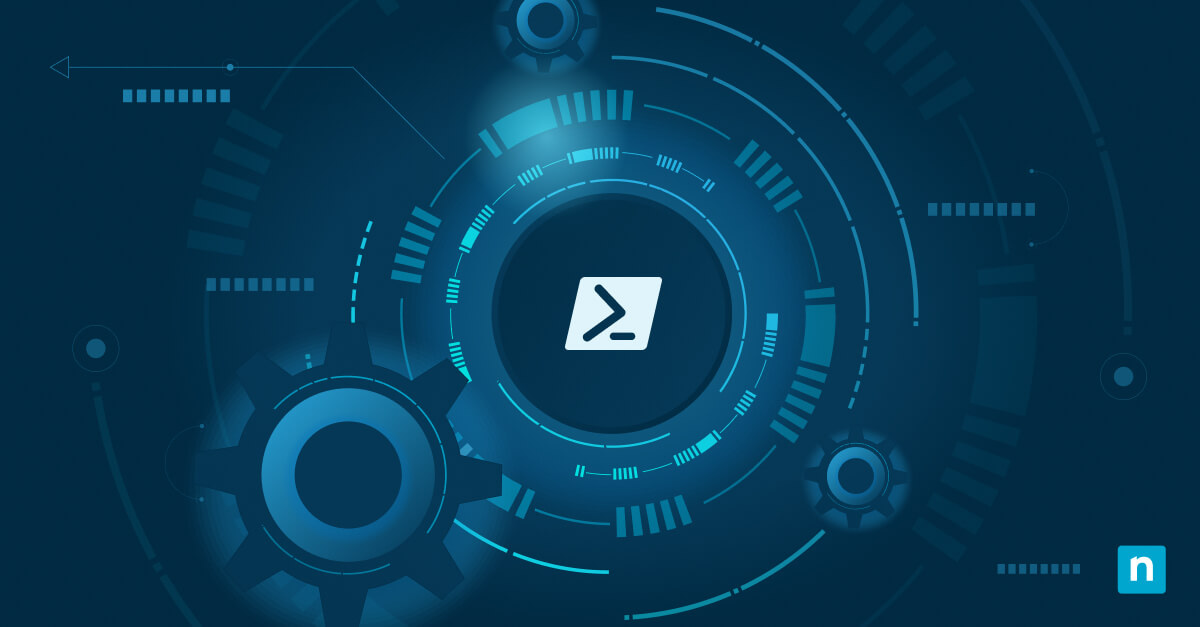Cloud backup solutions are characterized by diverse offerings, each with its own set of features, security measures, and pricing schemes. Our analysis will dissect the various components that constitute the cost of utilizing these services, ranging from storage and bandwidth fees to data transfer and retrieval expenses. Beyond the immediate financial aspects, we will also delve into the intangible benefits, such as scalability, disaster recovery capabilities, and the reduction of on-premises infrastructure costs.
You may be an IT professional tasked with optimizing your organization’s data protection strategy or a decision-maker seeking cloud backup pricing that fits your organization’s evolving need. Regardless of your role, this article should provide you necessary insights of how much cloud backup software costs and it’s place in today’s data-centric world.
What this article will cover:
- Why is cloud backup software important?
- The value of cloud backup tools
- Cloud backup software solution, features, and options
- Cloud backup services pricing models
- Cloud backup software pricing guide
- Choosing the best cloud backup solution
Why is cloud backup software important?
The importance of cloud backup solutions can’t be overstated because they provide a secure and scalable means of safeguarding critical data in an increasingly digital and interconnected world. They offer businesses and individuals a resilient strategy to protect against data loss due to hardware failures, disasters, cyberattacks, or accidental deletions. Cloud backup services ensure data redundancy, enabling rapid recovery and continuity of operations, which is vital for business resilience and compliance with data protection regulations.
Moreover, they eliminate the need for costly on-premises infrastructure and offer flexibility to adapt to changing storage needs. As data grows in volume and importance, cloud backup solutions remain a cornerstone in the modern data management and security landscape, ensuring data integrity and availability in an ever-evolving digital ecosystem.
What is the value of cloud backups?
The real value of cloud backups to enterprises lies in their ability to provide a comprehensive and cost-effective data protection strategy, offering several tangible benefits:
Data resilience and business continuity
Cloud backups ensure that critical data is stored in geographically redundant data centers, reducing the risk of data loss due to hardware failures, natural disasters, or cyberattacks. For example, in 2019, when a fire at a major data center in Europe disrupted services for several enterprises, those with cloud backups could quickly restore their operations, minimizing downtime and financial losses.
Scalability
Cloud backup solutions can scale storage capacity up or down based on demand. This elasticity is particularly valuable for enterprises with fluctuating data storage needs.
Cost efficiency
Cloud backups eliminate the upfront capital expenditures associated with purchasing and maintaining on-premises backup infrastructure. This cost efficiency is exemplified by Dropbox, which migrated from traditional backups to a cloud-based solution, reducing operational costs by approximately 75%.
Security
Cloud providers invest heavily in data security, employing state-of-the-art encryption, access controls, and threat detection mechanisms. This level of security is often beyond the capabilities of many enterprises.
Remote accessibility
Cloud backups enable remote access to data from anywhere with an internet connection. During the COVID-19 pandemic, enterprises that relied on cloud backups seamlessly facilitated remote work, allowing employees to access critical data securely.
Versioning and recovery
Many cloud backup solutions offer versioning capabilities, allowing users to restore previous versions of files. This feature can be invaluable when data corruption occurs, such as a ransomware attack. Colonial Pipeline, for instance, was able to recover from a ransomware attack more swiftly by restoring its data from backups stored in the cloud.
Protect your data with NinjaOne’s robust cloud-first backup for servers and PCs
Learn more about NinjaOne Cloud Backup Solution
Common features of cloud backup and recovery tools
Cloud backup tools have various features designed to make data protection, storage, and recovery efficient and reliable. While the specific features may vary depending on the service provider, here are some common features you can expect to find in many cloud backup tools:
Core features
1. Backup
- Automated backup scheduling. Cloud backup tools typically allow users to schedule automatic backups regularly. This ensures that data is continuously backed up without manual intervention.
- Incremental backups. Most cloud backup solutions offer incremental backups, where only the changes made since the last backup are stored. This reduces the amount of data transferred and stored, saving bandwidth and storage space.
- File and folder selection. Users can usually select specific files and folders to be included or excluded from backups. This level of granularity allows for customization based on the importance of different data.
2. Recovery
- Versioning. Many cloud-based backup tools offer versioning, allowing users to restore previous versions of files. This is particularly useful for recovering from data corruption, accidental deletions, or malware attacks.
- Data compression and deduplication. Data compression and deduplication techniques are used to reduce the size of backups, optimizing storage space and minimizing data transfer times.
- Encryption. Data security is paramount. Cloud backup tools typically encrypt data during transmission and storage using industry-standard encryption protocols to protect against unauthorized access.
Data management
1. Access and sharing
- Cross-platform compatibility. These tools are often provided as software-as-a-service (SaaS) solutions, allowing them to support various operating systems, devices, and platforms.
- Data restoration. Users can quickly restore backed-up data, either to the original device or to a different one, ensuring data availability in case of hardware failures or replacements.
- Remote access. Some cloud backup solutions offer remote access to backed-up files, allowing users to retrieve their data anywhere with an internet connection.
- File sharing and collaboration. Certain cloud backup services also include file sharing and collaboration features, enabling teams to work on documents collaboratively and share files securely.
2. Retention and monitoring
- Retention policies. Users can define retention policies that dictate how long backups are kept. This helps in compliance with data retention regulations and optimizing storage costs.
- Alerts and notifications. Cloud backup tools often provide notifications and alerts to inform users of the status of their backups, including successful backups, failures, or storage limitations.
- Reporting and monitoring. Users can typically monitor backup activity and storage usage through reporting and dashboard features. This helps in managing backups efficiently.
Cloud backup essentials
1. Integration and scalability
- Support for external drives and devices. Cloud backup services may allow users to back up data from external drives and devices such as USB drives and network-attached storage (NAS) devices.
- API integration. Some cloud backup solutions offer APIs for integration with other applications and services, enabling automation and customization of backup processes.
- Geo-redundancy. Data is often stored in multiple data centers across different geographic locations to ensure redundancy and data availability in case of regional outages or disasters.
- Scalability. Cloud backup solutions can scale storage capacity up or down based on the user’s needs, accommodating changes in data volume.
2. Support and service
- Customer support. Reliable cloud backup providers offer customer support through various channels for general inquiries.
- Documentation. Your cloud backup solution should also be capable of providing comprehensive documentation to assist users with setup, troubleshooting, and usage.
Cloud backup services pricing models
Cloud backup pricing models vary depending on the service provider and the features offered. Here are several common pricing models for cloud backup solutions:
| Pricing Model | Description |
| Pay-As-You-Go (PAYG) | This model charges customers based on their actual usage, typically calculated by the amount of data stored, data transfer, and the number of backup operations. PAYG pricing is flexible and well-suited for businesses with fluctuating data backup needs. |
| Storage-based pricing | In this model, customers are charged based on the amount of storage space they use. The cloud backup pricing tiers often include different storage capacity options, with higher tiers accommodating more data at a higher cost. This model is straightforward but may lead to overpaying if data volume doesn’t align with tier boundaries. |
| Data transfer or bandwidth pricing | Some cloud backup services charge customers for data transfer to and from their cloud storage. This can include both uploads (backing up data) and downloads (retrieving data). Organizations with high data transfer needs may incur significant costs with this model. |
| Per-user pricing | Particularly common among business-focused cloud backup solutions, this model charges a fixed fee per user. It is suitable for organizations with a known number of users, allowing for predictable costs. |
| Device-based pricing | In this model, customers pay based on the number of devices (e.g., laptops, servers, mobile devices) being backed up. Each device may have a fixed monthly or annual cost associated with it. |
| Backup frequency pricing | Some cloud backup providers charge based on the frequency of backups. For instance, a higher fee may apply for more frequent backups, such as hourly or continuous backup options. |
| Enterprise and custom pricing | Large enterprises and organizations with unique backup needs may negotiate custom pricing with cloud backup providers. This can include volume discounts, special service-level agreements (SLAs), and tailored solutions. |
| Tiered pricing | Cloud backup services often offer different service levels or packages at various price points, each with a specific set of features and storage capacities. Customers can choose the tier that best matches their requirements and budget. |
| Retention-based pricing | Some providers charge based on the time data is retained in backup storage. Longer retention periods may incur higher cloud backup costs. |
| Committed usage discounts | Providers may offer discounts or lower rates to customers who commit to a certain amount of storage or service usage over a specified contract period, such as an annual or multi-year commitment. |
| Free tier with paid upgrades | Many cloud backup services offer a limited free tier with basic features and storage capacity. Users can then upgrade to paid plans for more storage space, advanced features, and additional support. |
| Hybrid pricing | Some cloud backup solutions offer hybrid models where part of the backup infrastructure is hosted on-premises, with only a portion of data being stored in the cloud. Pricing typically combines on-premises and cloud-based components. |
| Data tiering | Providers may offer different pricing for hot data (frequently accessed) and cold data (infrequently accessed). Cold data storage is often less expensive, making it suitable for archival purposes. |
Cloud backup pricing factors
When evaluating data backup tool pricing, organizations must consider several critical factors:
1. Organization size
The size of the organization plays a significant role in pricing. Smaller businesses may find cost-effective solutions with lower storage capacity. Conversely, larger enterprises with extensive data needs may face higher costs for larger storage capacities and more complex backup requirements.
2. Tool features
Cloud-based backup tools often offer a range of features, from basic file-level backup to advanced capabilities like disaster recovery, continuous data protection, and data deduplication. The breadth and depth of features impact pricing, with more extensive feature sets typically associated with higher costs. Organizations should align feature needs with their budget constraints.
3. Scalability
Scalability is crucial for accommodating organizational growth. Backup solutions should provide flexibility to increase storage capacity and add more users or devices as needed without incurring excessive costs.
4. Hidden costs
Beyond the base licensing fees, hidden costs can include ongoing maintenance and support contracts, costs associated with data transfer or retrieval, and potential expenses related to data recovery in the event of a disaster. Organizations must account for these hidden costs to avoid budgetary surprises.
How to choose a cloud backup and recovery tool
Choosing the best cloud backup tool involves a systematic evaluation of your specific needs and priorities. Start by assessing the volume of data you need to back up, your budget constraints, and any compliance or security requirements.
Consider factors like data retention, scalability, and the number of users or devices accessing the tool. Additionally, examine the tool’s features, such as encryption, versioning, and ease of use, to ensure they align with your objectives.
Additionally, research the reputation and reliability of the service provider, including their track record for data security and uptime. Finally, test a few shortlisted options with free trials, if available, and seek user reviews and recommendations to gauge real-world performance.
The best cloud backup tool for your organization will ultimately strike a balance between meeting your specific needs, staying within budget, and providing confidence in data protection and accessibility.
Discover more of NinjaOne’s cloud backup solution features and see how it can streamline data protection and recovery process.
Secure backups and peace of mind with NinjaOne
As a comprehensive IT management and monitoring platform, NinjaOne offers several features to help with cloud backups. It simplifies the backup process by providing centralized control and monitoring of backup activities across multiple devices and environments.
NinjaOne allows you to schedule and automate backups, ensuring data is consistently and securely backed up to the cloud. It also offers insights and alerts to identify backup issues or failures proactively, thus enabling quick resolution. NinjaOne’s user-friendly interface and robust reporting make managing, monitoring, and optimizing your cloud backup strategy easier, enhancing data protection and availability.
If you’re ready to try NinjaOne for yourself, schedule a demo or start your 14-day trial and see why so many organizations and MSPs choose NinjaOne as their vendor!
Just looking for more hot tips and comprehensive guides? Check our blog often, and sign up for MSP Bento to have great info, interviews, and inspiration delivered directly to your inbox!








